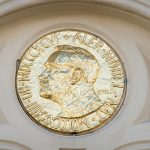 John Goodenough, Stanley Whittingham, and Akira Yoshino, co-winners of the 2019 Nobel Prize in Chemistry, delivered their Nobel Lectures at The Royal Swedish Academy of Sciences in Stockholm, Sweden, on December 8. The 2019 Nobel Prize in Chemistry recognized the three scientists’ seminal contributions in the development of the Lithium-ion battery. Goodenough, Whittingham, and Yoshino are longtime members of The Electrochemical Society (ECS); Goodenough and Whittingham are ECS Fellows.
John Goodenough, Stanley Whittingham, and Akira Yoshino, co-winners of the 2019 Nobel Prize in Chemistry, delivered their Nobel Lectures at The Royal Swedish Academy of Sciences in Stockholm, Sweden, on December 8. The 2019 Nobel Prize in Chemistry recognized the three scientists’ seminal contributions in the development of the Lithium-ion battery. Goodenough, Whittingham, and Yoshino are longtime members of The Electrochemical Society (ECS); Goodenough and Whittingham are ECS Fellows.
The Nobel Foundation statutes require the Laureates to give lectures on a subject connected with the work for which the prize has been awarded.
John Goodenough had his pre-taped lecture delivered by Arumugam Manthiram on the topic of Designing Lithium-ion Cathodes.
Stanley Whittingham discussed The Origins of the Lithium Battery.
Akira Yoshino presented a Brief History and Future of Lithium-ion Batteries. (more…)


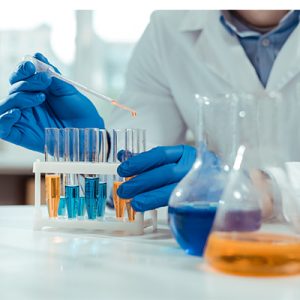 Application Deadline: January 15, 2020
Application Deadline: January 15, 2020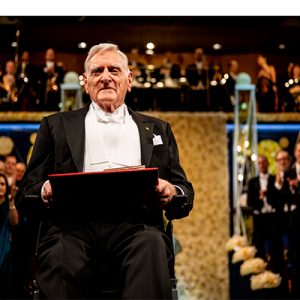

 Nominations are due January 1, 2020
Nominations are due January 1, 2020 Join
Join  The Electrochemical Society (ECS) is the official sponsor of AEMFC 2019, the Second International Symposium Advances in Anion Exchange Membranes: Materials, Processes and Devices. The symposium takes place on December 7 and 8, 2019, at the Raytheon Amphitheater, Egan Research Center, at Northeastern University in Boston, MA.
The Electrochemical Society (ECS) is the official sponsor of AEMFC 2019, the Second International Symposium Advances in Anion Exchange Membranes: Materials, Processes and Devices. The symposium takes place on December 7 and 8, 2019, at the Raytheon Amphitheater, Egan Research Center, at Northeastern University in Boston, MA.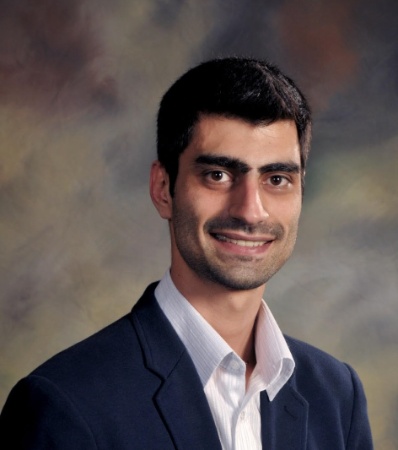
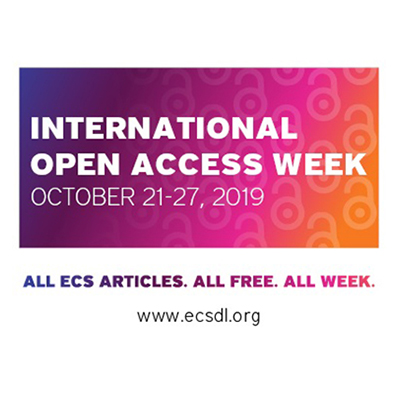 During
During